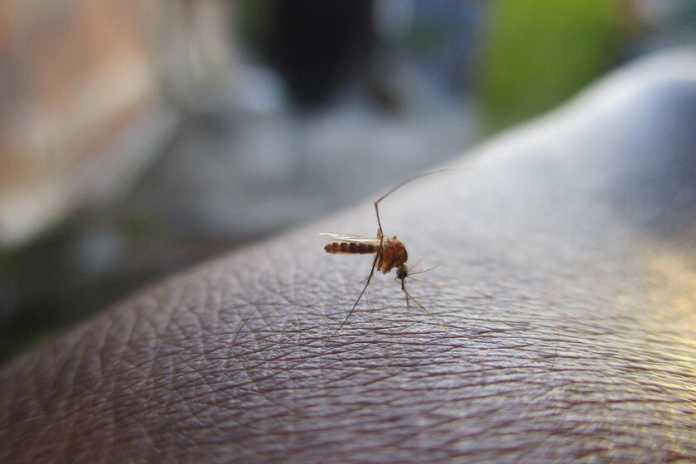Our understanding of how mosquitoes choose their prey is advancing step by step. And not only because of the curiosity that this topic can generate or because of how annoying these animals are in summer, mosquitoes are considered the most lethal animal for human beings. We already knew that smell is key in this regard, now we know that some viruses take advantage of it to search for new hosts.
Smell, main prey detector.
Mosquitoes choose their prey based on a combination of factors. Among them the sight, but above all by the smell. Mosquitoes are sensitive to substances such as some aldehydes, chemical compounds present on our skin from sweat. The bacteria that inhabit our skin also play an important role in this equation, being responsible for the presence of some of these chemicals on our skin.
What the new study says.
A study that appeared this week in the journal Cell, signed by Chinese and American experts, has taken an important step to study the role of mosquitoes in the spread of diseases such as Zika or dengue.
A similar study had already observed that malaria generated changes in the smell of those who suffered from it, making them more attractive to mosquitoes. The new work has found that the same thing happens in those infected with the Zika and dengue viruses. The study has been carried out mainly in mice, although it has been complemented with some phases also studied in humans.
First steps in mice.
To test the hypothesis that viruses make their hosts more attractive to mosquitoes through changes in their odour, the researchers first tested whether the insects bit more viruses-infected mice compared to healthy mice. The result was positive.
They first ruled out that this was the cause of differences in carbon dioxide emission and body temperature, and then introduced an odor filter and verified that this was the determining factor.
Chemical issue.
The researchers isolated 20 compounds “suspected” of attracting the attention of mosquitoes. Of these compounds, three were capable of substituting the reaction of the sensory organs of mosquitoes (their antennae). After applying these odors to mice and humans, they found the one that attracted the mosquitoes: acetophenone.
One step further.
There was still one step left to understand how viruses attract mosquitoes and that is to understand how this chemical compound is generated on our skin. Knowing the role of bacteria in the presence of chemicals in our surroundings. Specifically, acetophenone is related to a type of bacillus (bacteria with an elongated shape).
This type of bacteria was more present in mice infected with dengue and Zika, which led the researchers to conclude that “the viruses were capable of changing the odor of their host by altering the microbiome of their skin,” explained Penghua Wang, one of the study authors, in an article in The Conversation.
to mitigate these deficits, but they will be all













